Sleep: Why is it important during the teen years?
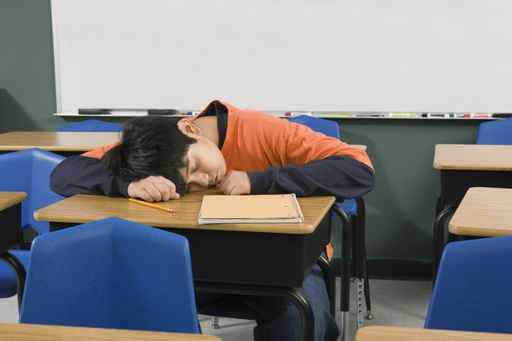
Getting quality sleep is as important to our health and well-being as eating properly and maintaining regular exercise. It is recommended that adolescents’ ages 12 to 18 years get 9 to 10 hours daily; however, teens do not seem to get the appropriate amount due to academic pressures, part-time jobs and extra curricular activities. Add…
Nutritional Demands for Adolescent Athletes

Good nutrition for adolescents is essential for promoting proper growth and development and is even more important with the demanding training schedules of a young athlete. Canada’s Food Guide provides excellent nutritional information for teenagers aged between 12 and 18 years who participate in general physical activity. For teens that train at high intensities and compete…
Parental influence on kids’ sporting experience
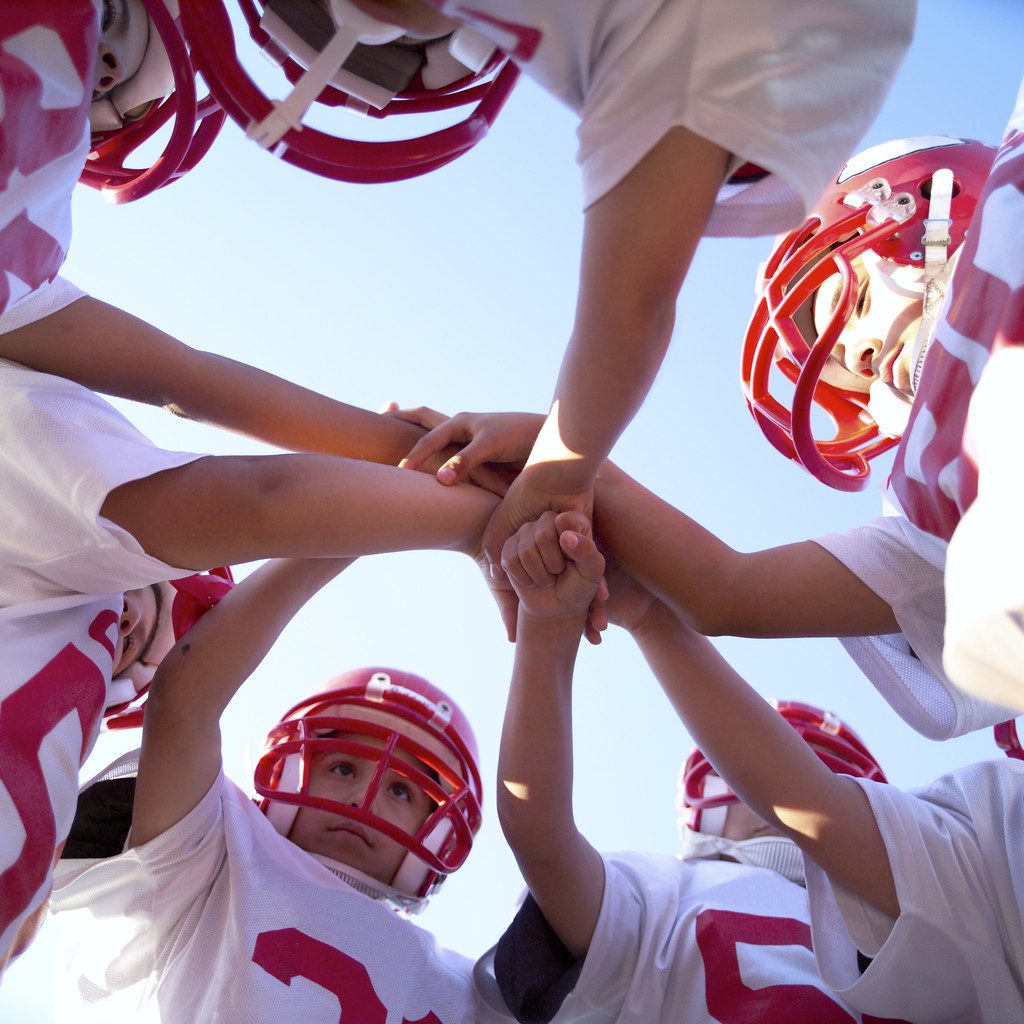
Parents have a tremendous influence in the development and enjoyment of a child’s sporting life especially in the early years. Instilling confidence, emotional support and emphasizing development as opposed to outcome helps a child to focus on improvement and effort. A parent’s role should be to encourage the child regardless of ability, limit criticisms after…
Does sport help children and young adults with ADHD?
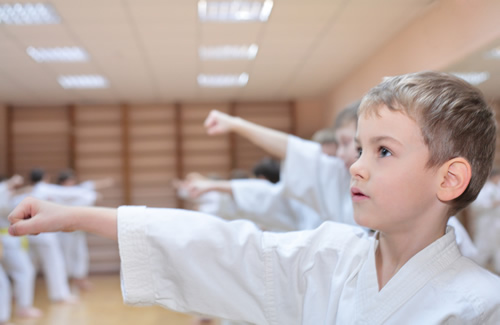
Although research on the effects of exercise on youth with ADHD is fairly recent, the research looks promising. A study published last year in the Journal of Pediatrics shows “that kids with ADHD can better drown out distractions and focus on a task after a single bout of exercise.” Studies have also shown that activities…
Combining Aerobic and Resistance Training a Formula for Success

Childhood obesity rates in Canada have been increasing over the last three decades. Establishing a healthy lifestyle for your child can help combat obesity and maintain a healthy weight. A great way to maintain a healthy weight is to eat a proper diet and implementing regular exercise. A new study released in the Journal of…
Striking a balance between academics and athletics: the role of a student-athlete

Student-athletes have the demanding role of balancing academic and athletic pursuits while doing well in both the classroom and on the field of play. Unlike the average student, student-athletes have a rigorous schedule that requires planning, discipline and sacrifice. Having good time management skills enables them to balance academics, athletics and have a social life…
Overtraining in High-School Athletes – The “Always-In-Season” Athlete
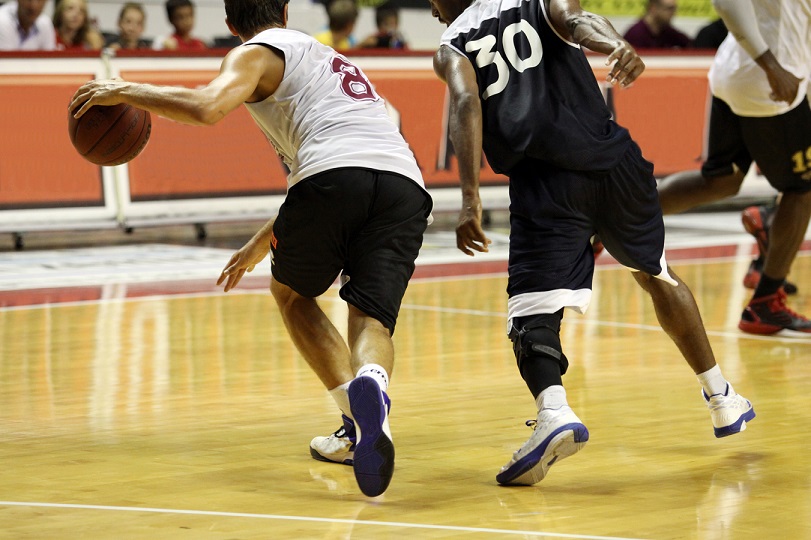
By Konrad Wiltmann Algonquin Sport Business Management student Many high-school athletes compete in a wide variety of sports over the course of the school year, while maintaining their studies, social life, and sometimes a part-time job. It is not uncommon for a high-school athlete to be “in-season” the whole year. From participating in soccer and…
High school coach vs. the club coach
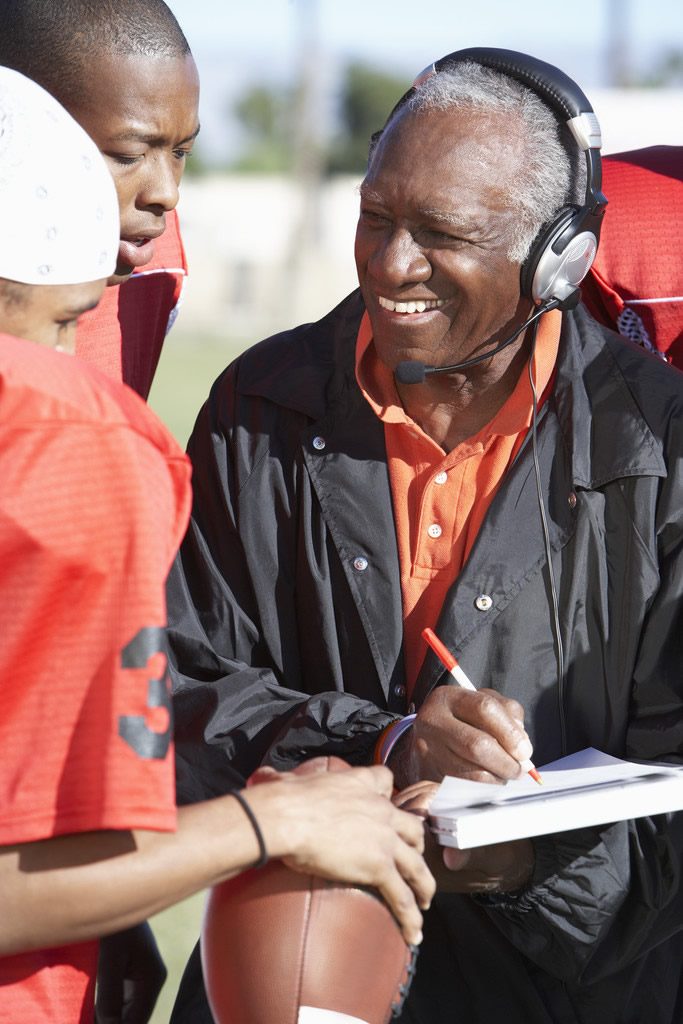
Organized sports played among youth participants are usually in the form of club sports or school athletic teams. It is also likely that those who participate in club sports are also members of their high school teams. Having the opportunity to represent your school at a city or provincial championship engenders a sense of school…
Coaching styles in youth sports
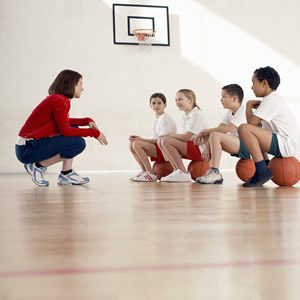
Youth coaches commit a lot of time and effort planning practice drills and game strategies to help develop and prepare their teams for competitions. Most coaches at this level are usually either former athletes themselves or have learned through watching other coaches. Without any formal training, they may be unfamiliar with different coaching styles which…
Active mothers = Active kids

Being physically active has many benefits such as controlling risk factors for heart disease, managing stress and generally improving our quality of life. In recent years, childhood obesity, a key predictor of obesity in adulthood continues to increase. This health issue has garnered a significant amount of attention from the Canadian government and health care…